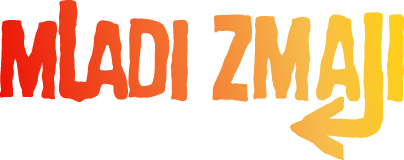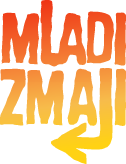The project PASS – Pass the Street (Art), Shake the Hand, co-created by Mladi zmaji as the Slovenian partner, invites young street artists to apply for an international open call to co-create socially engaged artworks in public space.
PASS is a joint initiative of partners from Belgium, North Macedonia, Serbia, and Slovenia, co-funded by the Creative Europe programme.
The main theme of the call is to promote the inclusion of migrants and refugees and to strengthen social cohesion at the local level through street art.
Who Can Apply
– Artists or students from art academies aged between 18 and 35,
– Active in the fields of street art, urban art, or socially engaged practices,
– From Creative Europe programme countries (EU, EFTA, candidate countries including Slovenia).
Women and individuals with a migrant background are especially encouraged to apply.
What PASS Offers
Selected artists will:
– Participate in a five-day masterclass programme in Belgrade (25–29 September 2025),
– Form international artist trios that will develop and realize an artistic project,
– Take part in one of the PASS festivals in Ljubljana, Belgrade, or Skopje in 2026.
Each international artist trio will receive:
– Professional support in the preparation and implementation of a socially engaged artwork,
– The opportunity to involve the audience in the creative process,
– Up to €1,000 for production costs of the artwork.
Artworks will be publicly presented during the PASS festivals and included in permanent art trails accessible to visitors through a mobile application in Belgrade, Skopje, and Ljubljana.
How to Apply
Applications must be submitted exclusively via the online form:
The application form must be completed in English.
Applicants must include:
– A portfolio in PDF format,
– A motivation letter,
– An artist statement.
Application deadline: 22 June 2025
Incomplete or late applications will not be considered.
Documentation
Full open call in English: PASS Open call
For additional information: passthestreetart@gmail.com
The project is co-funded by the European Union.
The views and opinions expressed are however those of the author(s) only and do not necessarily reflect those of the European Union or the European Education and Culture Executive Agency (EACEA). Neither the European Union nor EACEA can be held responsible for them.
















